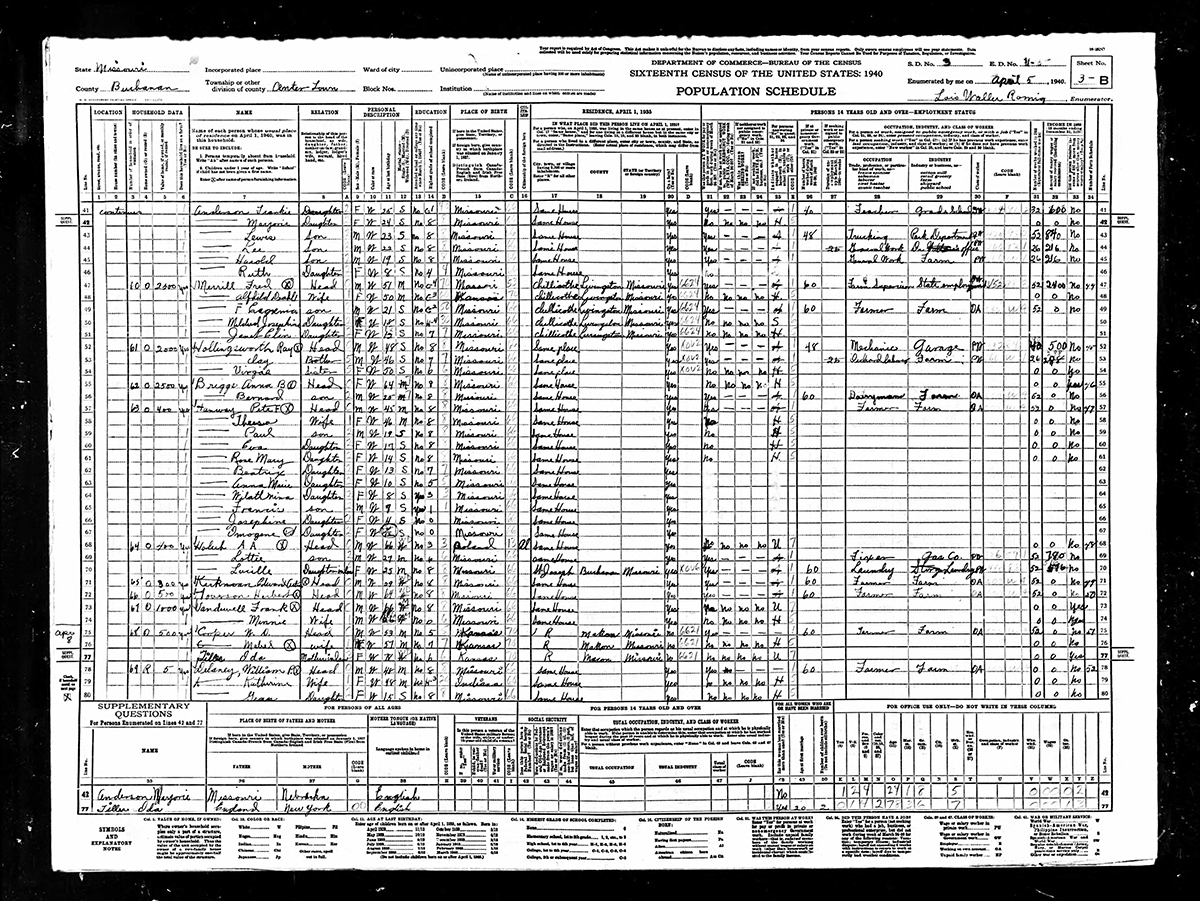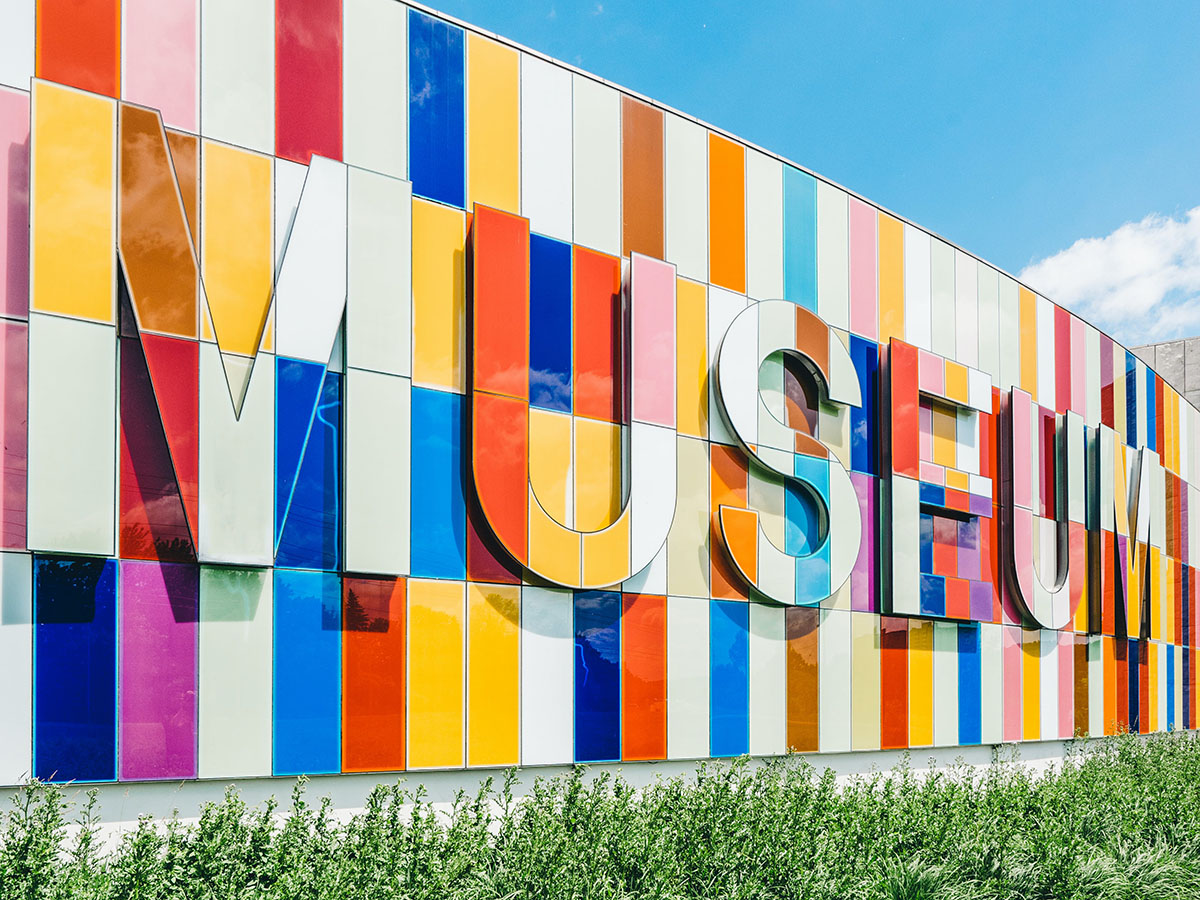
October 10, 2023
Pride is celebrated in June to commemorate the Stonewall Riots, but what about LGBT History Month, celebrated in October? Why do we recognize this month of reflection, and why is it held in October?
In 1994, Rodney Wilson, a young history teacher in suburban St. Louis, came out to his class during lessons on the Holocaust. Referencing images of the pink triangle, the symbol assigned to gay men imprisoned in concentration camps during World War II, Wilson drew a connection between himself and those prisoners, stating that if he were there, he would have to wear the pink triangle. This opened conversation with his class and provided his students with a greater understanding of the connection between the past and present.
There was substantial public outcry. Parents, community members, and news media figures accused Wilson of indoctrinating students and urged the school to remove any discussion of homosexuality in the classroom. There were numerous calls for his termination.
Despite the outcry, Wilson kept his job. He would be the first openly gay public school teacher in Missouri. He remained at his St. Louis school for three more years, where he worked to ensure that students received a broad and inclusive view of history, including African American and LGBTQ history.
There have always been individuals and groups who have tried to erase LGBTQ people from history. Whether it was for religious, social, or political reasons, the oppression of LGBTQ people is not new.
Understanding the layered and multifaceted realities of LGBTQ history is essential to better understanding the LGBTQ community as a whole.
Between 1933 and 1945, the Nazi Regime arrested 100,000 men under the charge of homosexuality, which was criminalized in Germany in 1871. About 5,000 to 6,000 of those arrested were imprisoned in Nazi concentration camps. The treatment and torture received by these men was worse for those who were also Jewish or openly anti-Nazi.
In contrast to this painful history, Berlin was a hotbed of queer culture before the Nazis took power, and the Institute for Sexual Research, founded in Berlin in 1919, performed the first modern gender-affirming surgeries.
LGBT History Month occurs each October to remember the achievements and history of LGBTQ+ individuals. Rodney Wilson, who went on to spearhead the effort to add LGBT History Month to the calendar, chose October to coincide with the beginning of the public school year. He also wanted to connect LGBT History Month to other notable dates, including National Coming Out Day on October 11 and the LGBT Marches on Washington, held in October of 1979 and 1987.
LGBTQ History Month has shining idols, living and deceased, who helped pave the way for equality and justice for all people. Check out Access Video on Demand for hours of content about famous LGBTQ people, their contributions to society, and their marks made in history. Take the quiz from the LGBT History Month website and see how many of these famous individuals you can correctly name.








